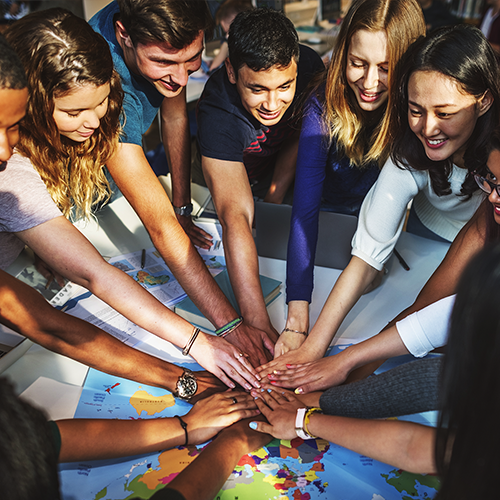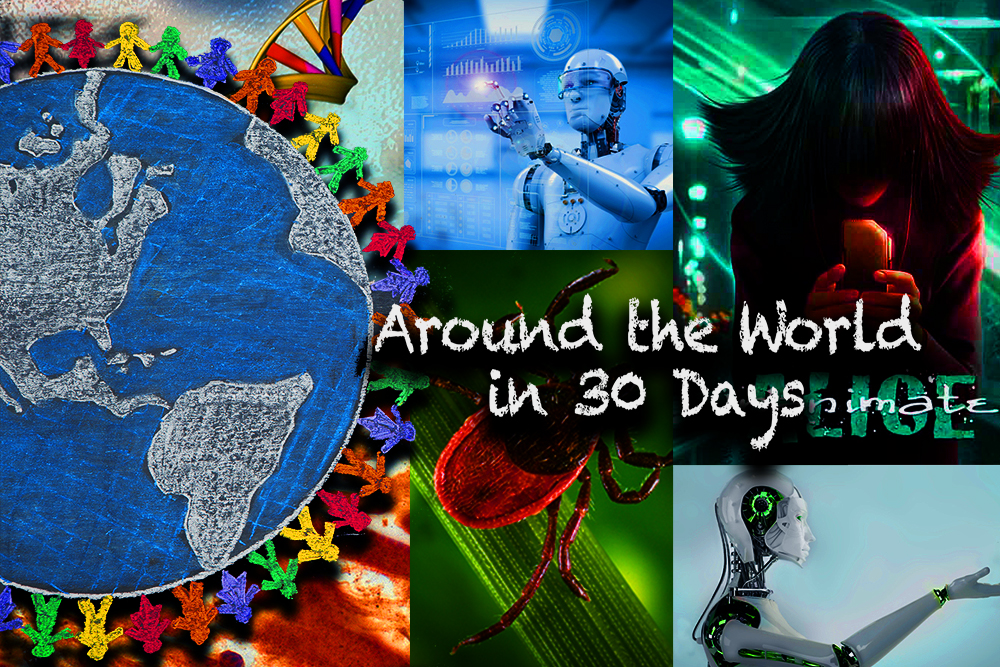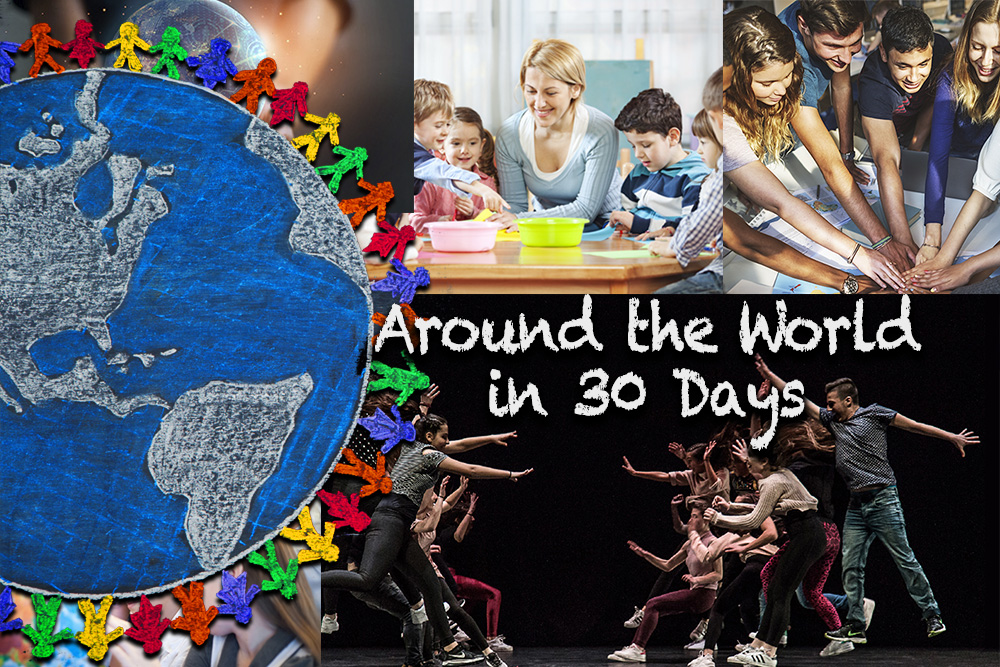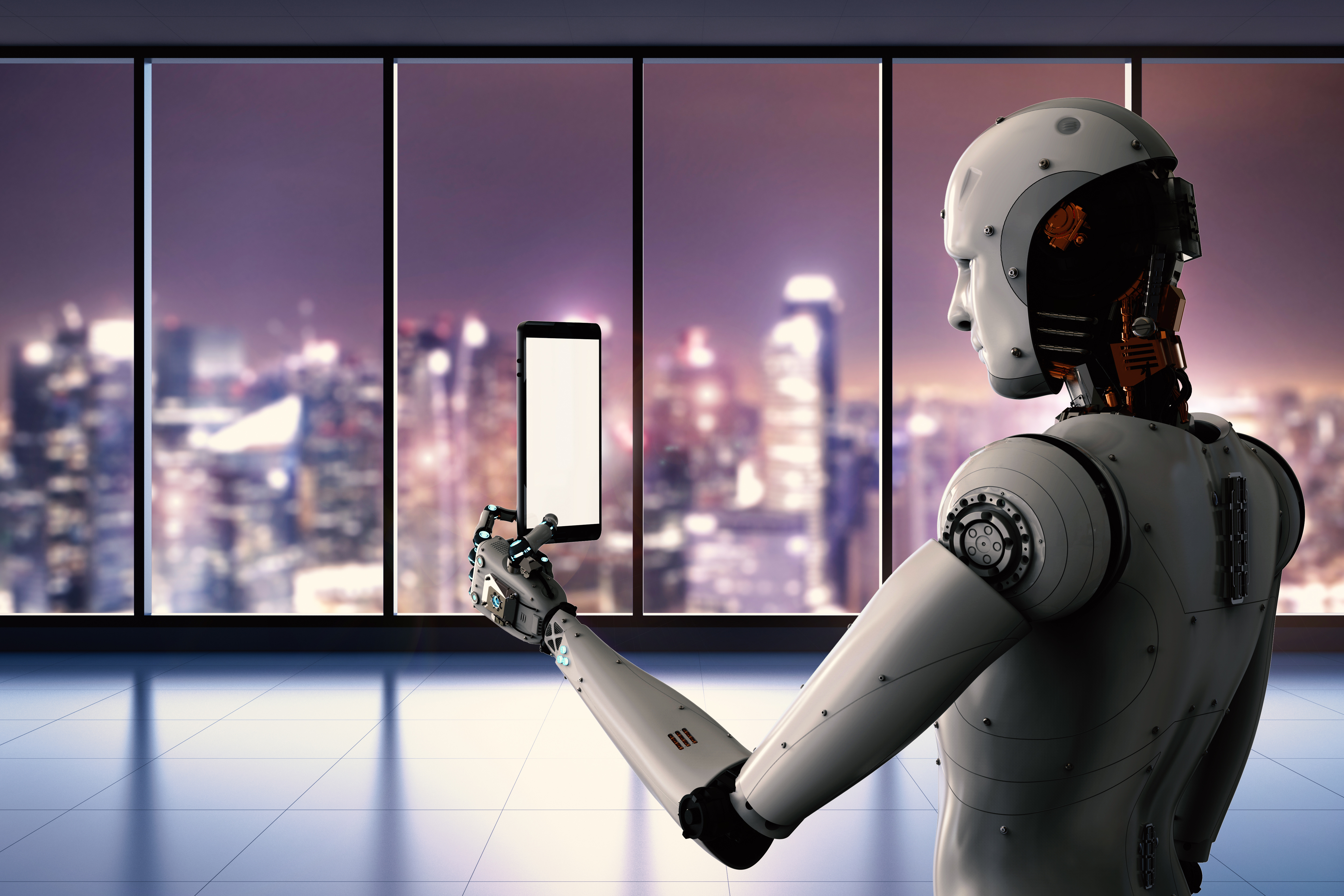Many experts believe deepening unemployment in the Fourth Industrial Revolution (4IR) as robots and artificial intelligence transform global production will widen inequities and deepen social fragmentation. It is a nation’s duty to provide the necessary education, information and skills to its future generations. Are education systems investing sufficient resources and content in curriculum to prepare youth for cultural diversity and intercultural dialogue?
The Millennial Bloggers are based all over the world. They are innovators in entrepreneurship, journalism, education, entertainment, and academic scholarship. This month we asked them to share their perspectives.
“The hate we see in the world today is likely a failure in exposing learners enough to the diversity,” writes Alusine Barrie. “Diversity has to be embedded in school curricula as well as extra-curricular activities.” Barrie discusses the critical need to help poor countries that lack “the necessary institutional, infrastructural and human capital resources” to “make the necessary transformation.” Read: Human Intelligence in an Increasingly Disruptive World.
“Students must become equipped to compete in a global marketplace,” writes Kamna Kathuria. “I spent an entire year teaching a curriculum centered on three core values: grit, ownership, and teamwork.” Kamna notes that while “no one set of skills will transcend across different career paths,” youth must be prepared for change if they are to be “prepared for the future.” Read: Preparing for the Crystal Ball.
“I propose the goal of creating a free online community that educates students on the current cultural trends and connects them with other students around the world,” writes Leslie Ma. “By sharing and exchanging cultural ideas, information, and art, this can become an important learning tool in generating better mutual understandings between cultures.” Read: Keeping up with Society.
“We are so focused on our own countries and how to better the technology and education there (in my case, the US), but the topic really is universal and people all over the world are becoming more aware of the disruptive technologies that are quickly advancing,” writes Alison Rao. She believes that providing the necessary education and skills for future generations means figuring out “how to use technology in our favor.” Read: Predicting Our Future.
Join me and globally renowned thought leaders including Sir Michael Barber (UK), Dr. Michael Block (U.S.), Dr. Leon Botstein (U.S.), Professor Clay Christensen (U.S.), Dr. Linda Darling-Hammond (U.S.), Dr. MadhavChavan (India), Charles Fadel (U.S.), Professor Michael Fullan (Canada), Professor Howard Gardner (U.S.), Professor Andy Hargreaves (U.S.), Professor Yvonne Hellman (The Netherlands), Professor Kristin Helstad (Norway), Jean Hendrickson (U.S.), Professor Rose Hipkins (New Zealand), Professor Cornelia Hoogland (Canada), Honourable Jeff Johnson (Canada), Mme. Chantal Kaufmann (Belgium), Dr. EijaKauppinen (Finland), State Secretary TapioKosunen (Finland), Professor Dominique Lafontaine (Belgium), Professor Hugh Lauder (UK), Lord Ken Macdonald (UK), Professor Geoff Masters (Australia), Professor Barry McGaw (Australia), Shiv Nadar (India), Professor R. Natarajan (India), Dr. Pak Tee Ng (Singapore), Dr. Denise Pope (US), Sridhar Rajagopalan (India), Dr. Diane Ravitch (U.S.), Richard Wilson Riley (U.S.), Sir Ken Robinson (UK), Professor Pasi Sahlberg (Finland), Professor Manabu Sato (Japan), Andreas Schleicher (PISA, OECD), Dr. Anthony Seldon (UK), Dr. David Shaffer (U.S.), Dr. Kirsten Sivesind (Norway), Chancellor Stephen Spahn (U.S.), Yves Theze (LyceeFrancais U.S.), Professor Charles Ungerleider (Canada), Professor Tony Wagner (U.S.), Sir David Watson (UK), Professor Dylan Wiliam (UK), Dr. Mark Wormald (UK), Professor Theo Wubbels (The Netherlands), Professor Michael Young (UK), and Professor Minxuan Zhang (China) as they explore the big picture education questions that all nations face today.
The Global Search for Education Community Page
C. M. Rubin is the author of two widely read online series for which she received a 2011 Upton Sinclair award, “The Global Search for Education” and “How Will We Read?” She is also the author of three bestselling books, includingThe Real Alice in Wonderland, is the publisher of CMRubinWorld and is a Disruptor Foundation Fellow.
Follow C. M. Rubin on Twitter: www.twitter.com/@cmrubinworld






Recent Comments